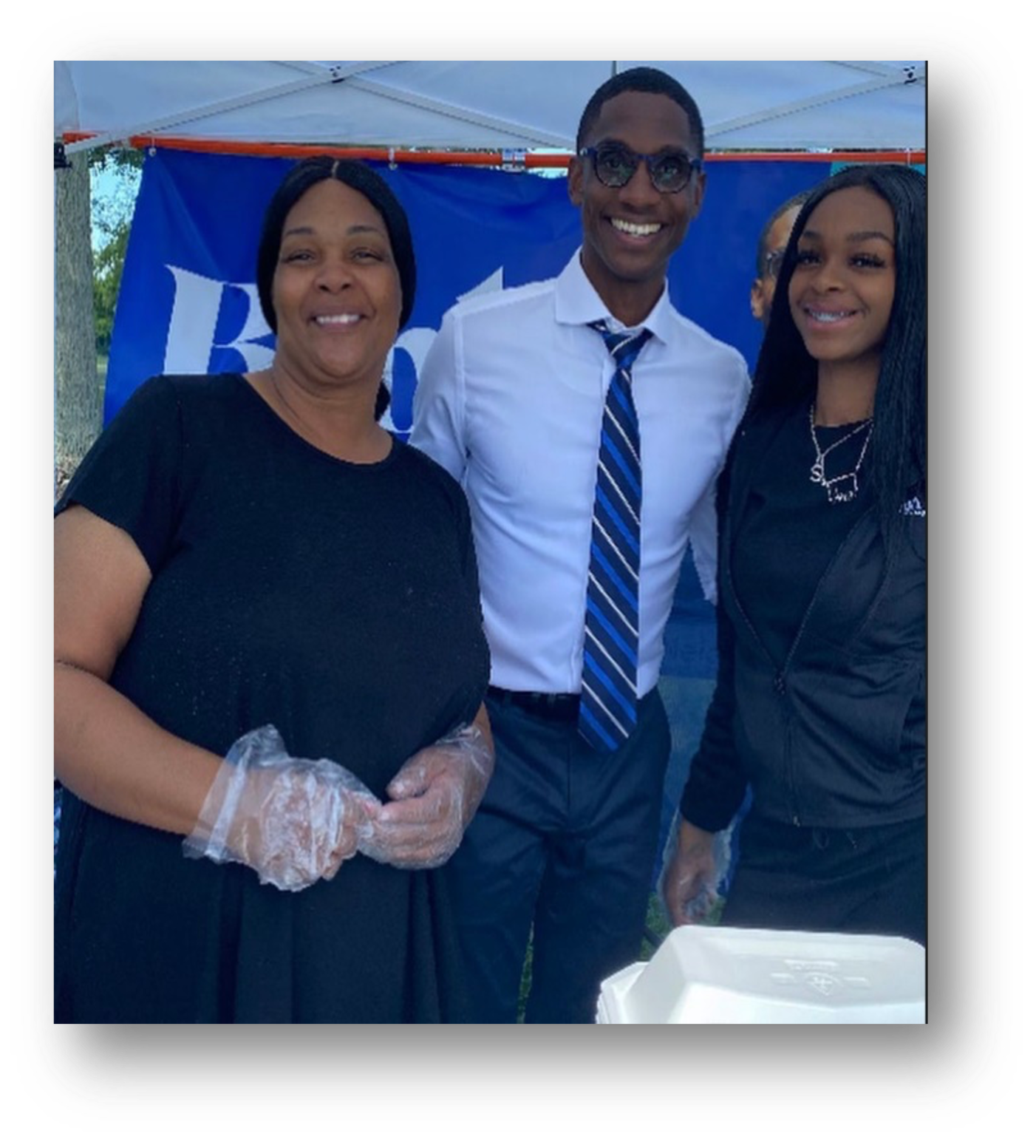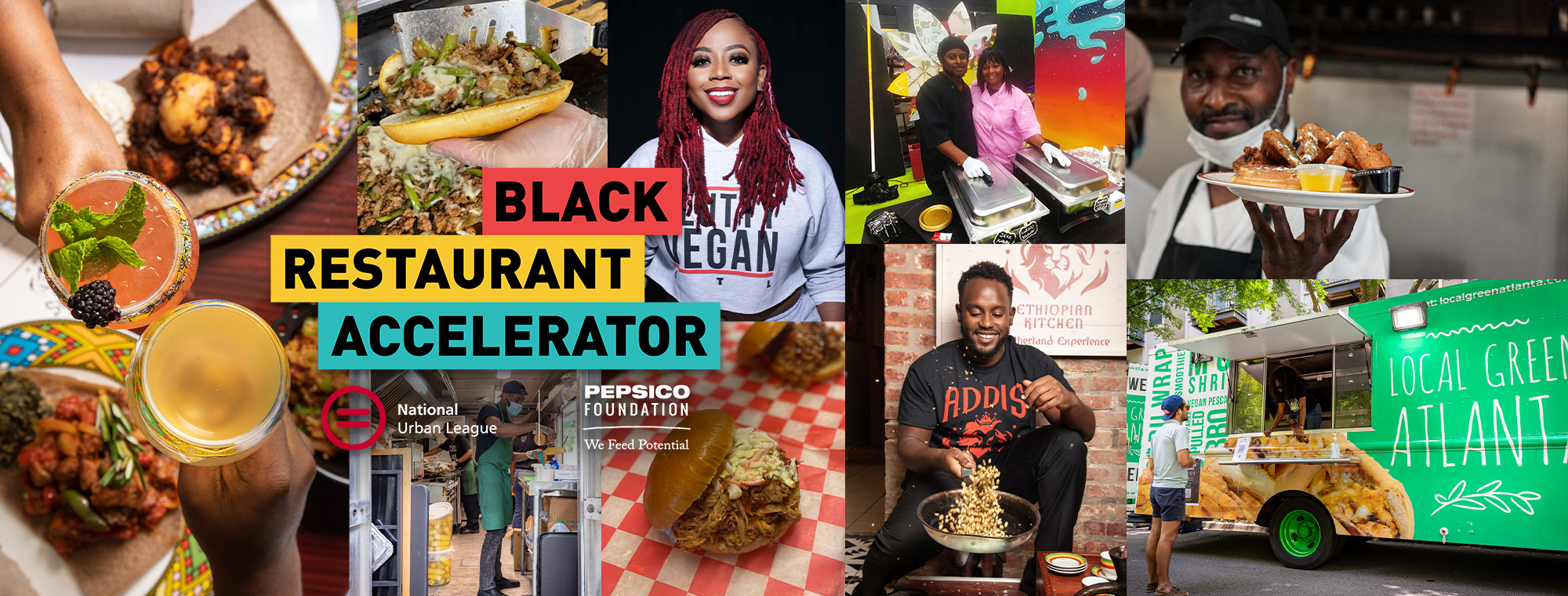Pipe ‘n Hot Grill

The Covid-19 pandemic deprived the restaurant industry in many ways ranging from social distancing mandates affecting number of customers permitted indoors to shutting down completely for weeks on end. Instead of being taken under by the tide, Angela Sharpley, owner of Pipe ‘n Hot Grill, shifted her focus from dine in style eating to carry out of one of her largest staples: bamba iced teas. She has expanded this product to be available in retail stores along with more locations currently in the works. Despite the success of her beverage products, her working capital began to dwindle. Sharpley was chosen as one of the several participants in the PepsiCo sponsored Restaurant Accelerator program. Over the course of three months, she was provided guidance on industry trade practices ranging from operational excellence to virtual ordering systems and profitability.
The program also provided a $10,000 grant to fill the urgent needs restaurant owners faced during these unprecedented times. In a moment of transparency that illustrates the importance of access to capital for Black-owned restaurants, Sharpley of Pipe ‘n Hot Grill explains, “Coaching was helpful, but the value of financial support can’t be understated” (Quote Source: Cleveland Crain’s Business July 2022).
She planned to use the funding to create a marketing team, expand inventory and purchase much-needed equipment. Following graduation from the program, Sharpley and her daughter attended the Founder’s First Chicago Challenge 2022, where not only were they the only duo from out of state, but they earned first place also won the Audience Choice Award and created a mentoring relationship with one of the judges. Furthermore, after creating a mentoring relationship with one of the judges, the CEO of Founder’s First placed an order for their tea and sent it to California. This out-of-state order opened the door for Sharpley to request a trademark for her brand, as out-of-state sales are a prerequisite. Sharpley plans to continue to grow both her restaurant and product sales.
YumVillage Cleveland
 Another entrepreneur negatively affected by the pandemic is Carasai Ihentugue, owner of YumVillage Cleveland. This Afro-Caribbean-style restaurant endured challenges stemming from Covid 19 that centered around the role of inflation.
Another entrepreneur negatively affected by the pandemic is Carasai Ihentugue, owner of YumVillage Cleveland. This Afro-Caribbean-style restaurant endured challenges stemming from Covid 19 that centered around the role of inflation.
Carasai faced increased prices for renting his space and purchasing quality ingredients. His plan was to use the working capital grant towards maintaining the honor of his non-GMO produce and meat dishes as well as other needed specialty food items. The YumVillage location is the first franchise location stemming from the original establishment in Detroit, owned by Ihentugue’s brother.
Carsai speaks toward the importance of programs like BRAP when he explains “It’s programs such as this that help to remove the stigma that Black restaurants cannot thrive…That stigma needs to be erased” (Quote Source: Cleveland Crain’s Business July 2022).


